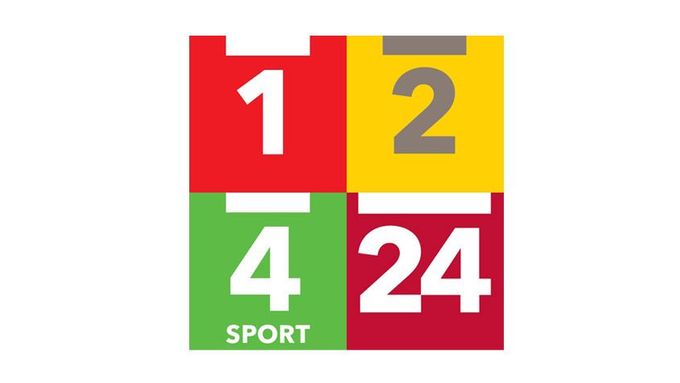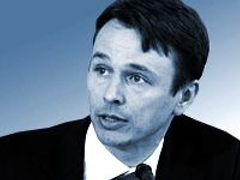Prague - With the European Parliament Election Day approaching, candidates are busy thinking about programs they will offer in their election campaigns.
Edvard Kožušník from Civic Democrats (ODS) who is running in the EP elections has come up with a plan to abolish TV and radio broadcasting fees. Every household would then save CZK 2,160 per year.
Kožušník argues that it is an anachronism left from the Communist times.
"People are forced to pay for TV and radio despite the fact they don't use their services," said Kožušník.
He is planning to propose his plan to drop the fees as of January 2010 to the Senators to promote it in the parliament.
1964 anachronism
Radio license fees were established in 1923. Anybody who paid the fee in a post office at that time received permission from the state to own a radio receiver.
"The radio license fee used to be regarded a luxury tax of its kind," said Kožušník. In 1955, a similar license fee was introduced for a TV set.
In 1964, a new system of fee collection was installed, which has not changed much until today. There is no need to ask for the license permission any longer; anybody who has a TV set or a radio receiver has to pay the monthly fee.
"Radio and TV license fees are an absolute anachronism. Thus t state refuses to bear responsibility for democratic development and free promotion of views," says the bill's author.
8 billion from taxes
Kožušník admits that license fee constitute the major income for Czech TV and radio broadcasters whose task it is to provide balanced and quality information. But it is the state that is responsible for the free promotion of information and opinions and therefore should pay TV and radio broadcasters.
Public service media will still be independent of politicians as soon as the law stipulates a fixed amount of money that would be paid from the value added tax.
Annually, Czech public service TV receives CZK 5.8 billion whereas Czech radio broadcaster gets CZK 2 billion.
Both institutions should save on fee collection costs around CZK 250 million per year, according to Kožušník.

